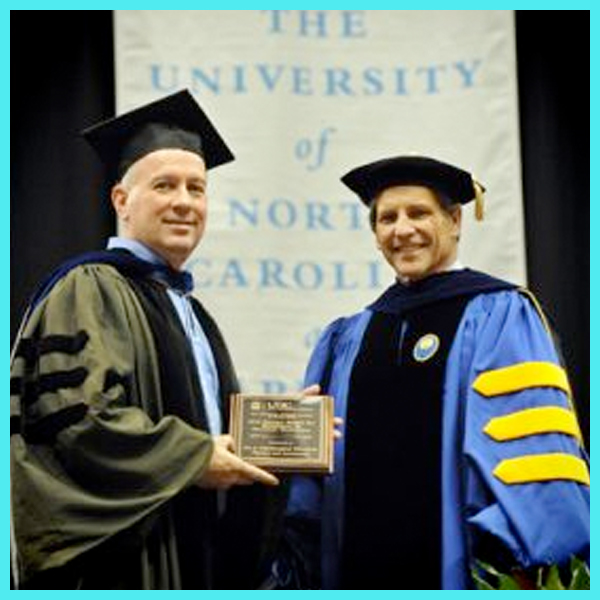“What do you want to do when you grow up?”
When I was young I disliked that question: “What do you want to do when you grow up?” I was curious about everything, and I didn’t want to settle on one subject.
When I got an undergraduate degree in astrophysics and decided to go on to graduate school in astronomy, I was still in search of a way to study everything — the whole universe. When my first serious research project took me to the telescopes at McDonald Observatory, I found a passion for the gears, the grease, and the glass that extend our sight deep into the heavens, and I later came to Carolina to help build instrumentation that now measures the composition of crushed-up exoplanets as they fall onto burned-out stars.
But I did not lose my interest in everything else, and am excited every year to meet students at Carolina who are passionate about learning, both in the classroom and outside. The most interesting questions are still the ones science alone cannot answer. Who made all this? Why is it here? What are we supposed to do in it? For the eternally curious, the answers unfold over a lifetime, but the searching and learning are never more intense than in the four years spent as an undergraduate.
Carolina students like to read and think deeply, and they are ready for challenging ideas.
I try to contribute to this in the classroom by incorporating the humanities, especially history, into my work. Outside the classroom I am very open about my Christian faith and the ways in which I find it not only compatible with science but preceding it and standing under it.
I am delighted to live and work in a the great public university where students and faculty ask big questions and seek answers that are genuine and truthful.
Written by Dr. Chris Clemens, Senior Associate Dean for Research and Innovation
